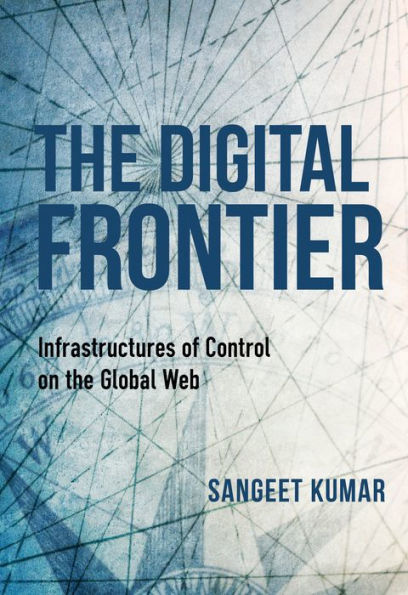The internet is so ubiquitous to our work - and play - that it shapes us in ways we are completely unaware of. A new book by Denison Professor Sangeet Kumar, The Digital Frontier: Infrastructures of Control on the Global Web, examines the power and reach of big technology in our daily lives.
In the not-too-distant past, media technologies were thought of as the answer to myriad problems. However, today society is beginning to confront the Pandora’s box these platforms have opened. “We are prey walking into this well-laid trap without knowing that the joy and the reward are a part of the bait.”
The power of big technology companies to spread fake news or hate speech, to interfere in and influence elections, to extract user data, violate privacy, and more is increasingly being questioned.
Kumar shows global digital corporations can act as modern-day colonizers. They shape and conform our digital lives without regard to local culture and norms.
“Being part of a network almost always brings benefits of all kinds,” says Kumar. “At the same time, we have to agree to the standards and conventions by which the network operates. And that requires suppressing or giving up certain aspects of our lives.”
“What does it mean for the English language to emerge as the global lingua franca in a multilingual world?” asks Kumar. “English brings access, upward mobility, prosperity. What is lost, however, is our relationship to our mother tongues.”
“It’s an interesting paradox: We do need common conventions. But when you accept that, you bargain away some aspects of your freedom and control.”
Kumar’s research explores four broad topics:
- How the ongoing race to provide “free” internet connectivity to the world is dominated by western digital oligopolies such as Google, Facebook, Amazon, and Microsoft, whose policies strongly resemble colonial-era practices.
- Online knowledge production e.g. on Wikipedia whose exclusionary rules and principles exercise immense power to determine what does and does not count as legitimate knowledge.
- How the management of our online identity on social media platforms is structured and shaped by a system of rewards and penalties.
- How states’ attempts to impose their writ (often unsuccessfully) onto the digital realm show the digital world is emerging as a new form of potentate that poses unprecedented challenges to nation-states.
Kumar argues that a “truly plural, globally representative, and democratic web should center the users. The web should work for us and not the other way round.”


